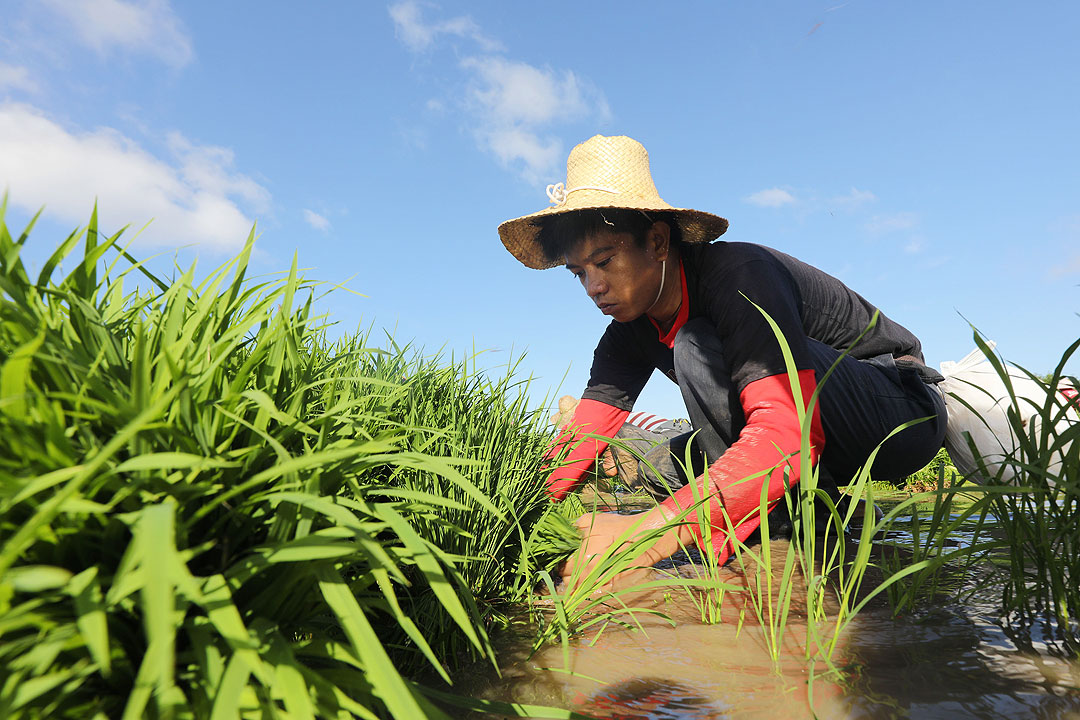Rice, pork shortages expected in 2023

By Ashley Erika O. Jose, Reporter
THE PHILIPPINES will likely experience shortages of rice and pork this year, with growers impacted by high costs for key inputs as well as climate change, analysts said.
“We will be in short supply of rice by more than three million metric tons this year due to the high fertilizer and fuel costs and the continuing threat of climate change,” former Agriculture Undersecretary Fermin D. Adriano said in a Viber message last week.
According to the United States Department of Agriculture’s (USDA) Foreign Agricultural Service, the Philippines is expected to import up to 3.8 million metric tons (MT) of rice this year to meet an expected shortfall.
The USDA added that Philippine milled rice production was estimated at 11.98 million MT in 2022, well short of the initial forecast of 12.41 million MT.
“Fertilizer imports showed a decline from April to July 2022, periods when it is most needed for growing crops,” it said.
According to the Fertilizer and Pesticide Authority (FPA), the average price of urea, the most commonly used fertilizer, was between P2,861.64 and 2,759.92 per 50-kilogram bag in the April to July period.
According to the latest FPA data, the price of urea has since eased to P2,538.27.
Last week, oil companies cut the pump price of diesel by P0.20 per liter while gasoline and kerosene prices increased by P0.95 and P0.50, respectively.
Year-to-date total adjustments to fuel prices are net increases of P14.90 per liter for gasoline, P27.30 for diesel, and P21.30 for kerosene.
Aside from rice, Mr. Adriano warned that there will also be a shortage of pork due to the continuing disruptions to grower operations posed by African Swine Fever (ASF).
“We lost three million head of swine to ASF from our hog population of 12 million. Assuming repopulation 400,000 hogs per year, it will take more than five years to repopulate our stock to pre-ASF levels,” he said.
Mr. Adriano added that avian flu is also a concern for the poultry industry as it continues to spread in Europe and US. He added that “we are not very sure how far our anti-avian flu campaign has gone.”
United Broiler Raisers Association President Elias Jose M. Inciong said in a Viber message to BusinessWorld that climate change, supply chain disruptions and geopolitical tensions will continue to affect agricultural commodities.
“The basic assumption is that there may be a global recession next year so there is less pressure on the demand side. It is expected that prices will remain high and may even increase,” he said.



